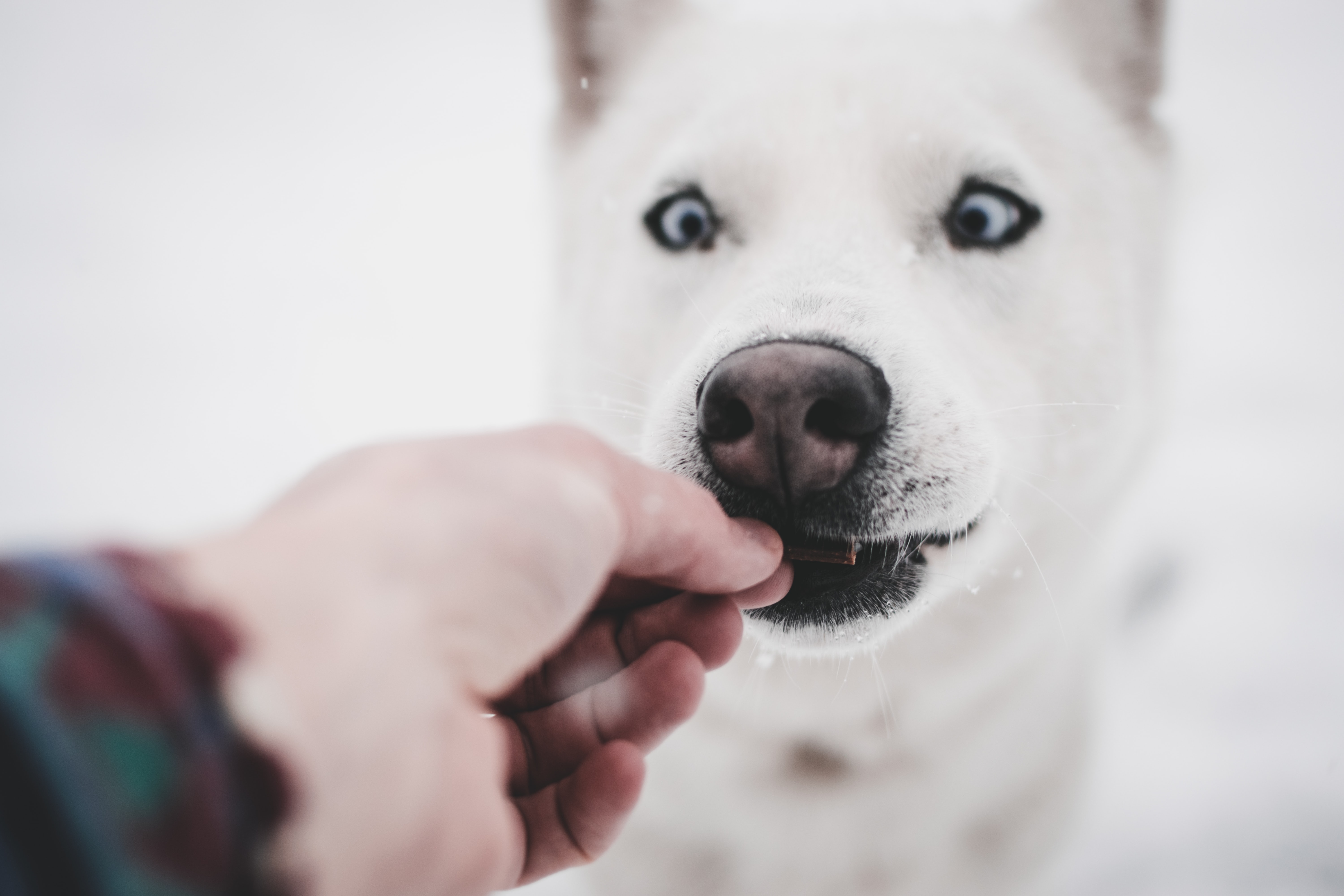News release
From:
Dogs may not return their owners’ good deeds
In experiments, dogs did not reciprocate food-giving nor act more favorably towards helpful humans
Domestic dogs show many adaptations to living closely with humans, but they do not seem to reciprocate food-giving according to a study, publishing July 14 in the open-access journal PLOS ONE, led by Jim McGetrick and colleagues at the University of Veterinary Medicine in Vienna, Austria.
The researchers trained 37 domestic dogs to operate a food dispenser by pressing a button, before separating the button and dispenser in separate enclosures. In the first stage, dogs were paired with two unfamiliar humans one at a time. One human partner was helpful - pressing their button to dispense food in the dog’s enclosure – and one was unhelpful. The researchers also reversed the set-up, with a button in the dog’s enclosure that operated a food dispenser in the human’s enclosure. They found no significant differences in the dogs’ tendency to press the button for helpful or unhelpful human partners, and the human’s behavior in the first stage did not affect the dog’s behavior towards them in free interaction sessions after the trials.
Previous studies have demonstrated that dogs are capable of directing helpful behaviors towards other dogs that have helped them previously - a behavior known as reciprocal altruism - and research suggests dogs are also able to distinguish between cooperative and uncooperative humans. However, the present study failed to find evidence that dogs can combine these capabilities to reciprocate help from humans. This finding may reflect a lack of ability or inclination among dogs to reciprocate, or the experimental design may not have detected it. For example, the authors suggest that the dogs may not have understood the experiment because humans are typically the food-giver in the relationship, not the receiver, or because the dogs failed to recognize the connection between the human’s helpful behavior and the reward.
The authors add: “In our study, pet dogs received food from humans but did not return the favour.”



 International
International



